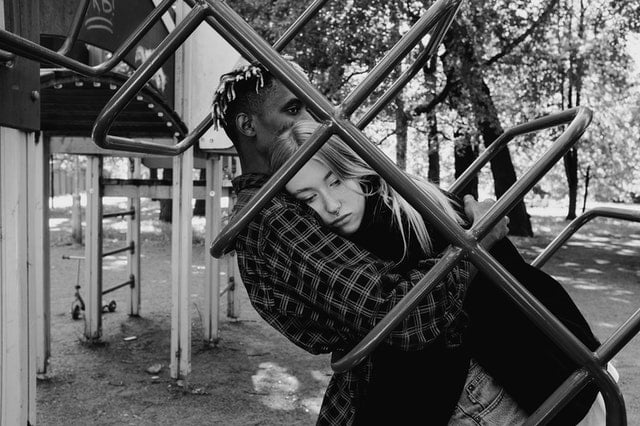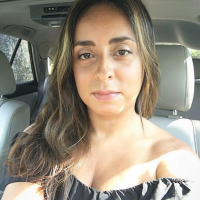Author’s note: As a reminder, none of this advice means anything if you are in an abusive relationship of any kind—physically, emotionally, mentally, financially, or sexually. Please reach out for professional help or confide in someone you trust to get the help you need.
~
When love is good, I feel invincible.
Flying high. Like a damn superhero.
I find myself walking through each day with a kind of optimism and blind faith that is, frankly, not my normal M.O.
But lying dormant under that optimism, under this cloak of invincibility, has always been a constant, base-level fear.
A fear that ate away at me, slowly, even in the best of times. A fear that maybe you’ve also had.
Poet Nikita Gill explains it perfectly:
View this post on Instagram
We are scared of being hurt, being wounded, feeling pain, knowing the sting of heartache, and (hardest of all) accepting the fact that it came from someone who loves us—that it could only hurt this much because it came from someone who loves us.
In past relationships, this fear has kept me hesitant to trust. Of course, I connected with my partner, enjoyed our time together, and fell in love, but I always remained two steps outside of all in. I even remember saying to a friend, on more than one occasion, with more than one partner, that I was “just waiting for the other shoe to drop.”
And inevitably, it did. And when it did, they walked. Or I walked.
Because once I was hurt and the figurative knife was twisted—once the bubble of invincibility burst—there didn’t seem to be a reason to stick around. Why would I want to stay with someone who would hurt my feelings or cause me pain?
Then I met my current partner.
I entered our relationship with this same fear bubbling beneath the surface. And just like with every relationship before, the other shoe did eventually drop, and I felt the sting of that knife.
But then something different happened: we both stayed to repair the wound.
We fought, we snapped at each other, we said things that were meant to hurt in the moment, we did things out of anger or frustration or unmet needs—but then we came together to heal, to apologize, to fix what we had broken.
And I realized what is possible in a healthy relationship after the knife has been turned.
We create an opportunity to build deeper, more long-lasting trust. We create an opportunity to turn toward each other, instead of away, when things get tough. We create an opportunity to prove that what we share, what is possible if we work together, is bigger than the issues we might be facing at the moment.
Look, there may be some couples out there who never say or do hurtful things, who never twist the knife, even a tiny bit. And to them I say, “Congrats! Enjoy your relationship nirvana.”
But I also question if those people are truly all in, if they’re trusting fully or if they’re riding high on surface-level love so they never have to know pain and heartache.
This isn’t to say that love should hurt. (And to be perfectly clear, abuse of any kind is not love.) But it is to point out that sometimes love does hurt.
Because we speak before thinking.
Because we react out of our own unhealed pain.
Because we can be selfish.
Because we push each other’s buttons.
Because we don’t always understand each other.
Because we don’t always hear each other.
Because life is hard, and we are human.
And while how and when and how often and to what degree we twist that knife matters, what also matters is how we choose to move past the fear of getting hurt. How we repair the wound if we choose to stay. How we show up for each other when we’ve been our less-than-ideal selves.
~









Read 12 comments and reply